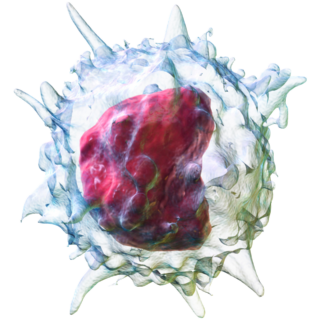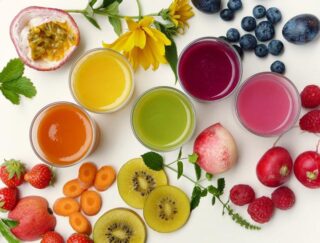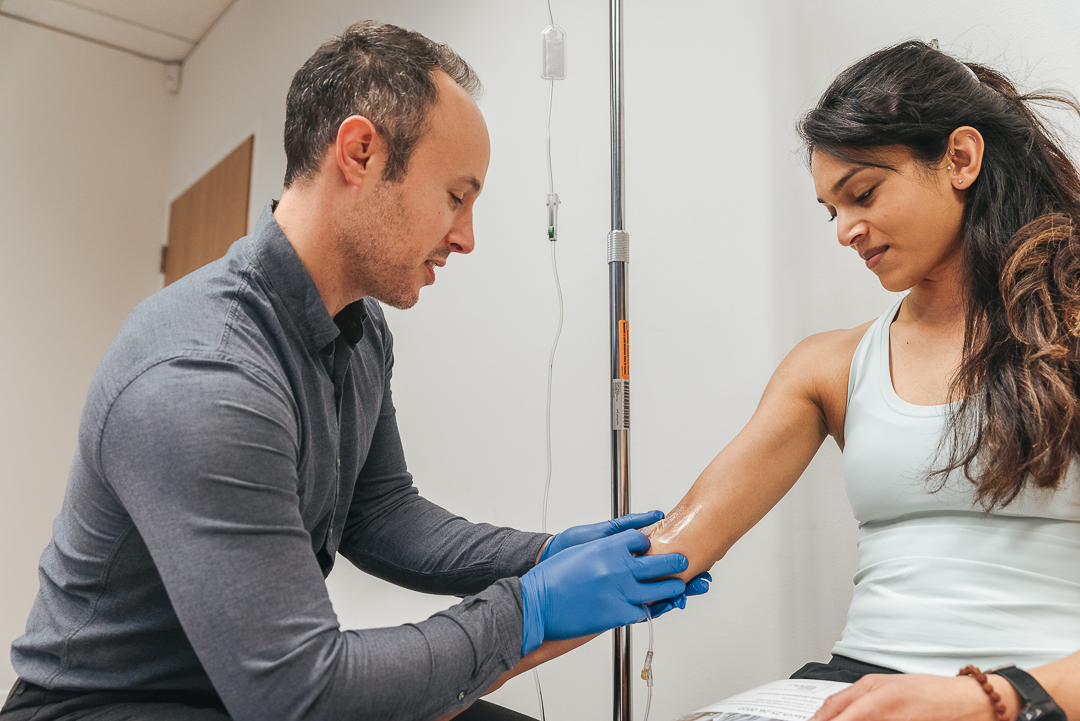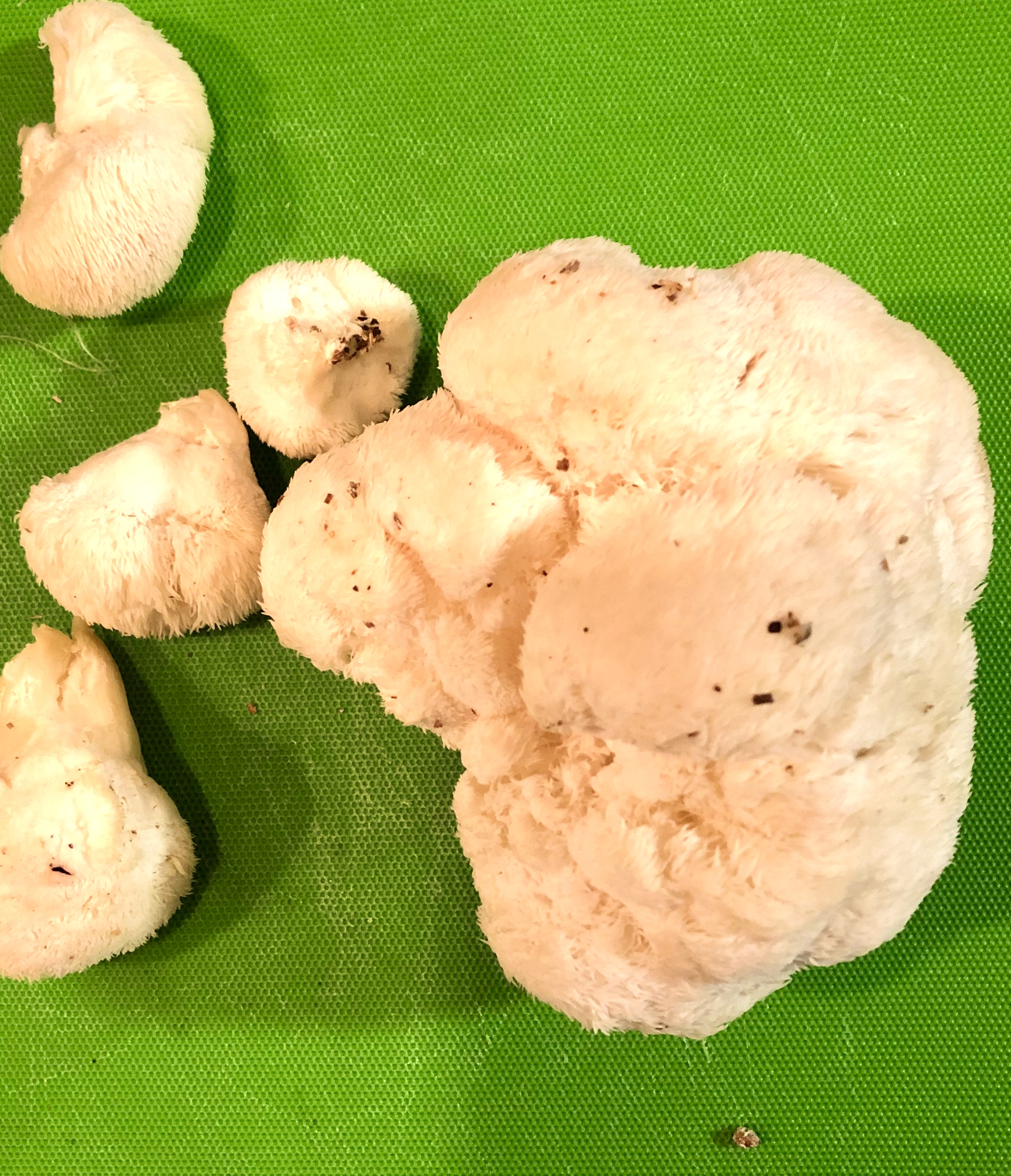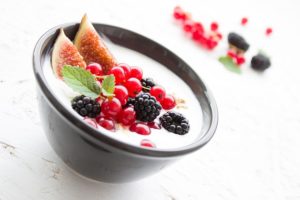Introduction to Vitamin A: Exploring the Basics
Ever wondered why some people have that healthy glow? It might have something to do with Vitamin A, a vital nutrient that supports various aspects of your health. From maintaining good vision to boosting your immune system, Vitamin A is essential for everyone, whether you’re a fitness fanatic, a concerned parent, or a nutrition expert. In this post, we’ll discuss everything you need to know about Vitamin A, its benefits, the recommended daily intake, and more. Let’s start by understanding what Vitamin A is and why it is so important.
The Role of Vitamin A in Health and Well-being
Vitamin A is a fat-soluble vitamin that plays multiple roles in maintaining your overall health. It is crucial for cellular communication, growth, and reproduction. One of its most significant functions is supporting the immune system. By aiding in the production of white blood cells, Vitamin A helps your body fight off infections more effectively. Additionally, Vitamin A acts as an antioxidant, protecting your cells from damage caused by free radicals.
Another area where Vitamin A shines is in skin health. It helps maintain the integrity of skin cells, promoting healing and reducing the risk of skin infections. Lastly, Vitamin A is essential for reproductive health in both men and women, contributing to the normal function of the reproductive organs. It’s clear that this powerful nutrient deserves a spot on your radar for a multitude of reasons.

Food Sources of Vitamin A: Essential for Your Diet
Getting enough Vitamin A can be easy if you know which foods to include in your diet. There are two primary sources of Vitamin A—preformed Vitamin A and provitamin A carotenoids. Preformed Vitamin A is found in animal products like liver, fish, and dairy. On the other hand, provitamin A carotenoids are found in plant-based foods like carrots, sweet potatoes, and spinach.
For those who prefer a plant-based diet, beta-carotene is the most efficient provitamin A carotenoid. Carrots, sweet potatoes, and dark leafy greens are excellent choices to ensure you get an adequate amount of this essential nutrient. Including a variety of these foods in your diet not only helps you meet your Vitamin A needs but also ensures you get a range of other beneficial nutrients.
The Impact of Vitamin A Deficiency and How to Recognize It
Vitamin A deficiency can have severe consequences on your health. One of the earliest signs of deficiency is night blindness, where your vision becomes impaired in low-light conditions. If left untreated, it can lead to more severe issues like complete blindness. Other symptoms of Vitamin A deficiency include dry skin, frequent infections, and slow wound healing.
In children, Vitamin A deficiency can stunt growth and increase the risk of severe illnesses. Pregnant women are also at a higher risk of complications if they don’t get enough Vitamin A. Recognizing these signs early and addressing them through diet or supplementation is crucial for maintaining good health.
Daily Recommended Intake of Vitamin A for Different Age Groups
The amount of Vitamin A you need varies depending on your age, gender, and life stage. For instance, adult men generally require about 900 micrograms (mcg) of retinol activity equivalents (RAE) per day, while women need around 700 mcg RAE. Pregnant and breastfeeding women have higher requirements to support the growth and development of their babies, needing between 770 and 1,300 mcg RAE daily.
For children, the recommended daily intake ranges from 300 to 600 mcg RAE, depending on age. Ensuring that you and your family get the right amount of Vitamin A can help prevent deficiencies and promote optimal health. Always consult with a healthcare provider for personalized recommendations, especially for young children and pregnant women.

Vitamin A and Eye Health: Understanding the Connection
One of the most well-known benefits of Vitamin A is its role in maintaining good vision. It is a key component of rhodopsin, a protein in your eyes that allows you to see in low-light conditions. Without adequate Vitamin A, you may experience night blindness and other vision problems.
Additionally, Vitamin A supports the health of the cornea, the eye’s outermost layer. A deficiency can lead to a condition called xerophthalmia, characterized by dryness and thickening of the cornea, eventually leading to blindness if left untreated. Including sufficient Vitamin A in your diet can help protect your eyes and maintain good vision throughout your life.
Vitamin A Supplements: Who Needs Them and When?
While it is best to get your nutrients from food, there are situations where Vitamin A supplements might be necessary. Individuals with certain medical conditions, such as cystic fibrosis or Crohn’s disease, may have difficulty absorbing Vitamin A and might benefit from supplements. Pregnant women and young children in developing countries are also often advised to take supplements to prevent deficiency-related complications.
However, it’s essential to consult with a healthcare provider before starting any supplements, as excessive Vitamin A can be harmful. Over-supplementation can lead to toxicity, causing symptoms like nausea, dizziness, and even more severe health issues.
Common Misconceptions About Vitamin A
There are several misconceptions about Vitamin A that need to be addressed. One common myth is that you can get all the Vitamin A you need from carrots alone. While carrots are an excellent source of beta-carotene, relying solely on them for your Vitamin A intake is not practical. A varied diet that includes different sources of Vitamin A is crucial for meeting your nutritional needs.
Another misconception is that taking large amounts of Vitamin A will improve your vision. While Vitamin A is essential for good vision, more is not always better. Overconsumption can lead to toxicity and should be avoided. It’s always best to stick to the recommended daily intake unless advised otherwise by a healthcare professional.
Conclusion: The Importance of Vitamin A in Your Daily Diet
Vitamin A is a vital nutrient that plays numerous roles in maintaining your health and well-being. From supporting your immune system and skin health to ensuring good vision and reproductive health, its benefits are extensive. By including a variety of Vitamin A-rich foods in your diet, you can easily meet your daily requirements and enjoy the many health benefits this nutrient offers.
If you suspect you might be deficient in Vitamin A or want to learn more about how to incorporate it into your diet, consider consulting with a healthcare provider or a nutritionist. They can provide personalized recommendations to ensure you and your family get the right amount of Vitamin A for optimal health.

Bonus Section: Delicious Recipes Packed with Vitamin A
To help you get started, here are some delicious recipes packed with Vitamin A:
Sweet Potato and Carrot Soup
This creamy soup is not only comforting but also loaded with beta-carotene from sweet potatoes and carrots. It’s perfect for a cozy dinner on a chilly evening.
Spinach and Cheese Stuffed Chicken Breast
Packed with Vitamin A from spinach, this dish is a great way to enjoy a healthy, protein-rich meal that’s also incredibly flavourful.
Mango and Carrot Smoothie
Start your day with this refreshing smoothie that’s brimming with Vitamin A from both mangoes and carrots. It’s a tasty and nutritious way to kick off your morning.
By incorporating these recipes into your meal plan, you’ll not only enjoy delicious food but also ensure you get an adequate amount of Vitamin A in your diet. Enjoy your culinary adventure!



